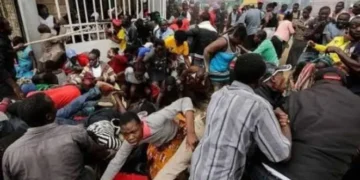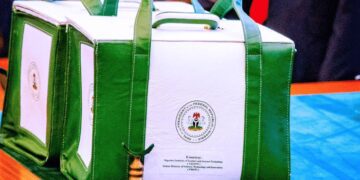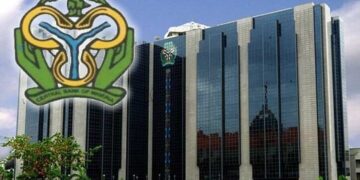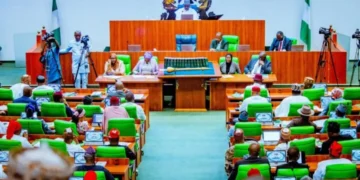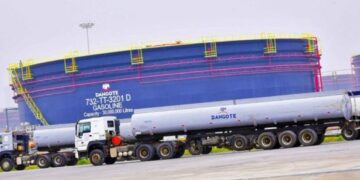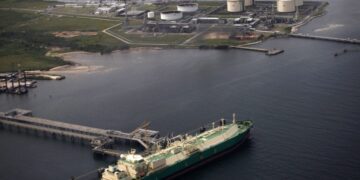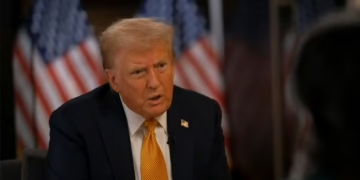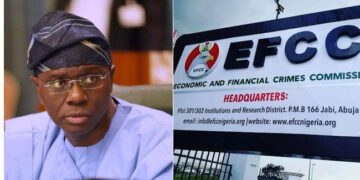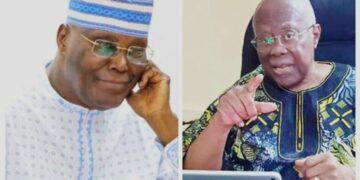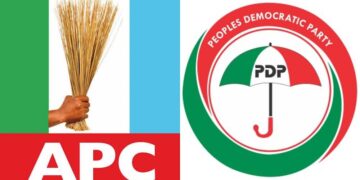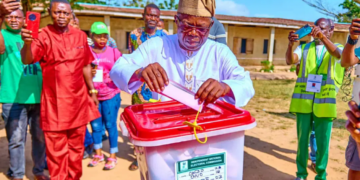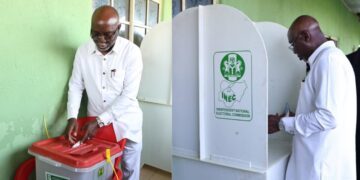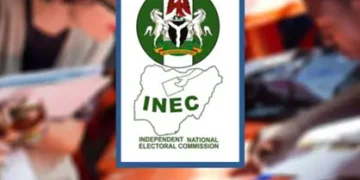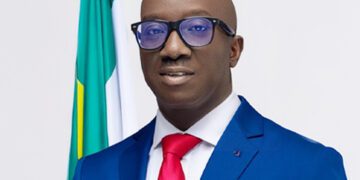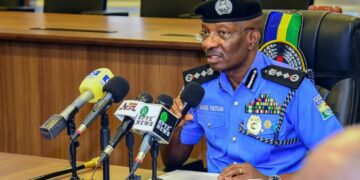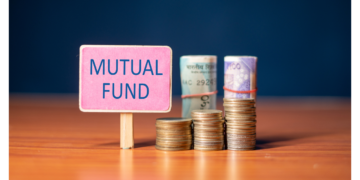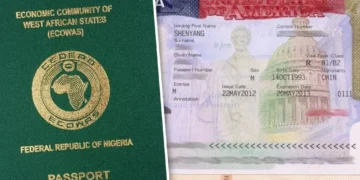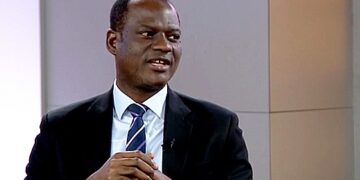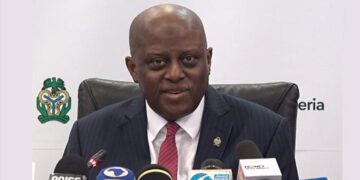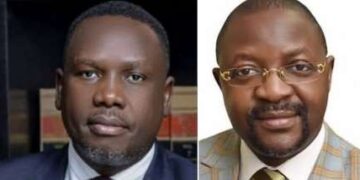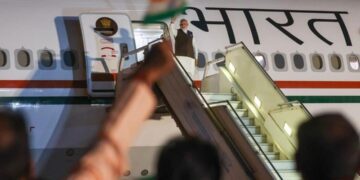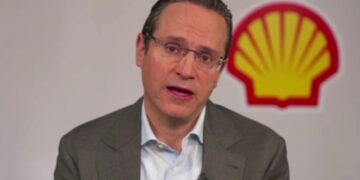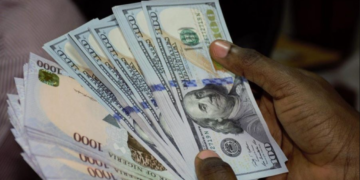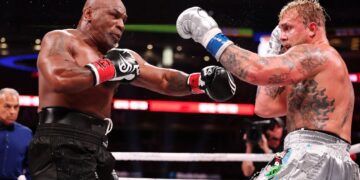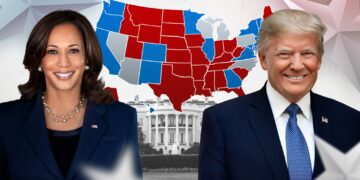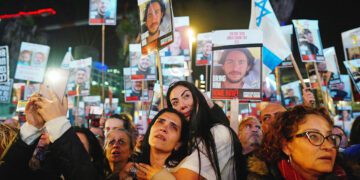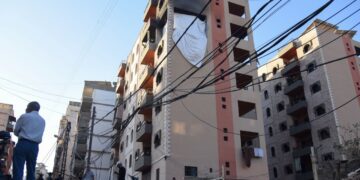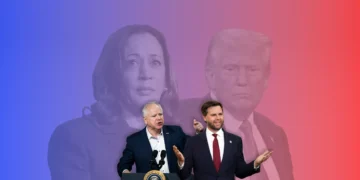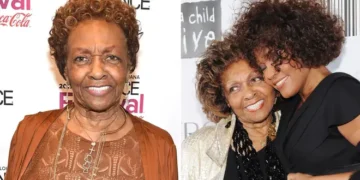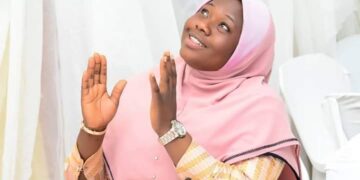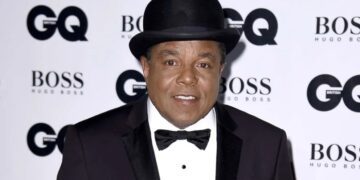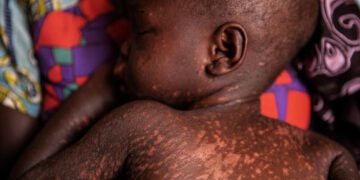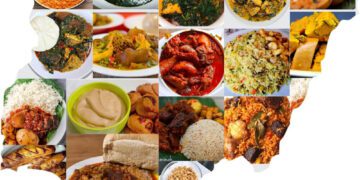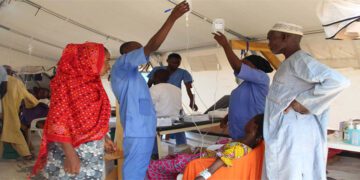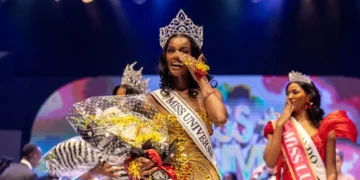The Economic Community of West African States (ECOWAS) continued effort to traverse the complexities of regional integration remains an uphill task.
The regional political and economic union of 15 countries of West Africa established on May 28, 1975, has brought peace to some of its members with states occasionally sending joint military forces to intervene in the group’s member states in some instances political instability and unrest.
The bloc has also received recognition for its trailblazing role in regional conflict intervention, the free movement of goods and people and financial self-reliance based on its community levy as well as funding from development partners such as the United Nations (UN), African Unions, United States, European Union (EU) and the Scandinavian countries.
However, from another perspective, ECOWAS considered one of the pillar regional blocs of the Continent-wide African Economic Community (AEC), with a goal to achieve “collective self-sufficiency” for its member states, has fallen short in addressing challenges to democracy and governance. This was after three of its member states–Burkina Faso, Mali and Niger announced their immediate withdrawal from the bloc this year. The decision by the trio, termed as the alliance of military coup plotters, on January 28, this year, has raised concerns among stakeholders.
The current crisis began on July 26, 2023, when the Niger Republic military, in a coup led by General Abdourahamane Tiani, announced that they had overthrown President Mohamed Bazoum. After it failed to elicit a favourable response from the military leaders despite sending delegations, including interventions by elder statesmen and traditional rulers, the ECOWAS announced on August 10, 2023, its intention to deploy a regional force to “restore constitutional order”, while continuing to favour diplomatic negotiations.
The Niger military leaders, however, proposed a transition period of “three years” maximum before returning power to civilians. The country’s military leaders were supported by the coup plotters in Burkina Faso and Mali. They announced a plan to defend Niger if attacked by ECOWAS. They alleged that ECOWAS leaders were doing the bidding of France and other Western countries.
Recall that on August 18, 2020, Mali’s President Ibrahim Boubacar Keïta was overthrown by the military, and a transitional government was formed in October. But on May 24, 2021, the military arrested the president and the Prime Minister. Colonel Assimi Goïta was inaugurated in June as transitional president.
The junta committed to return to civilian rule in the elections earlier scheduled for February 2024. But, the election didn’t hold.
Likewise in Burkina Faso, on January 24, 2022, President Roch Marc Christian Kaboré was overthrown by the military, and Lieutenant-Colonel Paul-Henri Sandaogo Damiba was inaugurated as President in February.
On September 30, Damiba was, in turn, dismissed from his position by the military, and Captain Ibrahim Traoré was inaugurated as Transitional President until a presidential election scheduled for July 2024, which did not hold.
To consolidate their power grabs, the military leaders of the three countries signed a mutual defence pact in September last year. Called the Liptako-Gourma Charter, it established the Alliance of Sahel States. The pact is named after the region where the three country’s borders meet.
In a statement, Col. Goita, Mali’s junta leader said: “I signed today with the heads of state of Burkina Faso and Niger the Liptako-Gourma Charter, establishing the Alliance of Sahel States to establish architecture of collective defence and assistance mutual for the benefit of our populations.” The new pact called for the three neighbouring countries to come to the defence of each other.
Despite the agreement, all three are facing threats from jihadists, with their troops being killed by militants. They are also losing large territories to militants. This is after they had ordered the ECOWAS, French and American forces out of their territories. Their deals with Russia’s Wagner have not helped their security architectures.
One other country under the military, Guinea, has remained less combative with ECOWAS.
More so, as part of their withdrawal from the bloc in favour of their alliance, the military leaders have announced new passports and removed the ECOWAS logo. Burkina Faso first announced earlier this month that it was rolling out new passports without the ECOWAS logo. A Chinese company is producing the passports for them.
“In the coming days, a new biometric passport of the AES (Alliance of Sahel States) will be put into circulation with the aim of harmonising travel documents in our common area and facilitating the mobility of our citizens throughout the world,” Goita announced.
President of the ECOWAS Commission, Dr. Omar Touray, at the 92nd Ordinary Session of the ECOWAS Council of Ministers, said there were no signs that Burkina Faso, Mali, and Niger wish to return to the sub-regional bloc. Touray said the three countries have remained incommunicado despite the commission’s appeals.
He said that Burkina Faso, Mali and Niger represent 60 per cent of the ECOWAS region in terms of landmass and contribute at least 10 per cent to its Gross Domestic Product (GDP). The commission chief added that their withdrawal could undermine collective security efforts and further destabilise the region, which should worry stakeholders, including civil society organisations (CSOs).
In an interview with The Nation, Prof. Kayode Soremekun, a Nigerian academic, author, and the third Vice Chancellor of Federal University Oye Ekiti, Ekiti State, said the conduct of the coup plotters is “indeed the anarchic character of the international system that states have the right to aggregate as they deem fit”.
The university don added: “But the suspicion is that such is being done by the Sahelian States in the context of hostility between them and the much larger ECOWAS body.
Kuffour said the withdrawal would also have socio-economic implications because it could result to the suspension of major programmes such as the Regional Food Security Reserve, and the Regional Support Programme for Pastoralism in the Sahel.
Commenting on the issues, a former ECOWAS official and now a public affairs analyst, Paul Ejime, in an interview with The Nation, said the three countries’ withdrawal cannot become effective until the end of this year, that is December 12, 2024.
Ejime explained: “But they say they’re leaving immediately; that is still questionable. But, I think let’s see if it will get to that level.
“We have a president in Mauritania who gave notice in 1999 and left in 2000. The same Mauritania is making moves to return to the ECOWAS fold. The alliance countries are three landlocked countries and you will notice that they said that ECOWAS was not giving them support to fight terrorism and that ECOWAS is controlled by external forces, particularly France.
“Also remember that these are three countries belonging to the eight members of UEMOA, which is the West African Economic and Monetary Union. The French acronym is UEMOA. It was set up by France, apparently to compete with ECOWAS. These three countries are still members of that union. They have a central bank governors’ organisation based in Dakar, Senegal. So, the question will be, if they are accusing ECOWAS of being guided by or teleguided by foreign powers, why have they not left UEMOA? Why are they still using the French-controlled currency, the CFA franc? The CFA francs are being used by former French colonies, about 14, and these countries are part of them. That is another question.
“And the other issue is security. They gave the impression that when they pull out of ECOWAS, it will be easy for them to control terrorism. But you will notice that to the contrary, terrorism has escalated to the point that they are suffering from very deadly attacks from separatist and jihadist organisations. Mali, Burkina Faso and Niger are not spared. To the point that some Russian forces, Wagner, were killed during a July ambush in Mali. So, terrorist attacks continue. So, they have not made good the fact that by leaving ECOWAS, they’ll be able to control their own security. But, that is not to say that ECOWAS did not make a mistake in the way it handled the crisis, particularly after the Niger coup.
“But ECOWAS has since lifted the sanctions and Nigeria has restored the power supply. So, what is now their grudge? Some are saying that they are pursuing their power grabs, and so they are opportunistic military adventurers. Will they be able to sustain what they’re going into?
“There are reports of some coup attempts happening in particularly Burkina Faso and Mali. These will continue because France and America have been expelled and will not sit back and face the humiliation of being expelled. Also, will these people be able to command the support of the military and their citizens? Because if the economic situation starts biting, you can see resentment, and you can see protests, which will not be good for them.
“The problem of having different passports will also be there for their citizens. They have millions of their citizens in other ECOWAS countries and ECOWAS countries have citizens in their own countries. What happens to the free movement? It means that they will not enjoy the free movement of goods and services right to settle in member states, which ECOWAS countries now enjoy. It’s going to create problems. What will be their relationship with ECOWAS and how will their citizens fare. It’s going to be chaotic; it’s a recipe for chaos and it’s a recipe for crisis of movement of people, goods and services and of trade. Trade will suffer and then the citizens of these countries will be denied some of the many benefits of ECOWAS membership. So, this bravado or this populist kind of posturing has its expiry date, because they will soon come to the realisation that they cannot continue as military personnel to govern. The military dictatorship has no space in the modern world.”
Also, a senior research fellow with Nigerian Institute of International Affairs (NIIA), Dr. Tola Ilesanmi, noted that issuing new biometric passports was aimed at showing that these countries have become resolute on their decision to cut off from ECOWAS.
“This is symbolic to a large extent for me. It’s to show that there is no going back for us. We know that the ECOWAS has also been resolute in diplomatically calling for them to come back into the community and that there’s going to be several challenges ahead, both for the community and for the Sahel states.
“So, the question is: Will they be successful? If you ask me, I would say, however, temporarily. In the short term, they probably will be successful because a country can decide to change its passport if it doesn’t have any impact on the international community. For example, if a Niger citizen comes out with a new passport and wants to travel to South Africa, I don’t believe they’ll be stopped by immigration, because the passport represents the country.”
Concluding, Dr. Ilesanmi noted that the citizens of the Sahel nations will soon begin to ask questions. According to her, the citizens will begin to say “No, we have had enough of these jihadist groups and coup plotters, and we want democracy ourselves”. To the experts, this is a matter of time.















